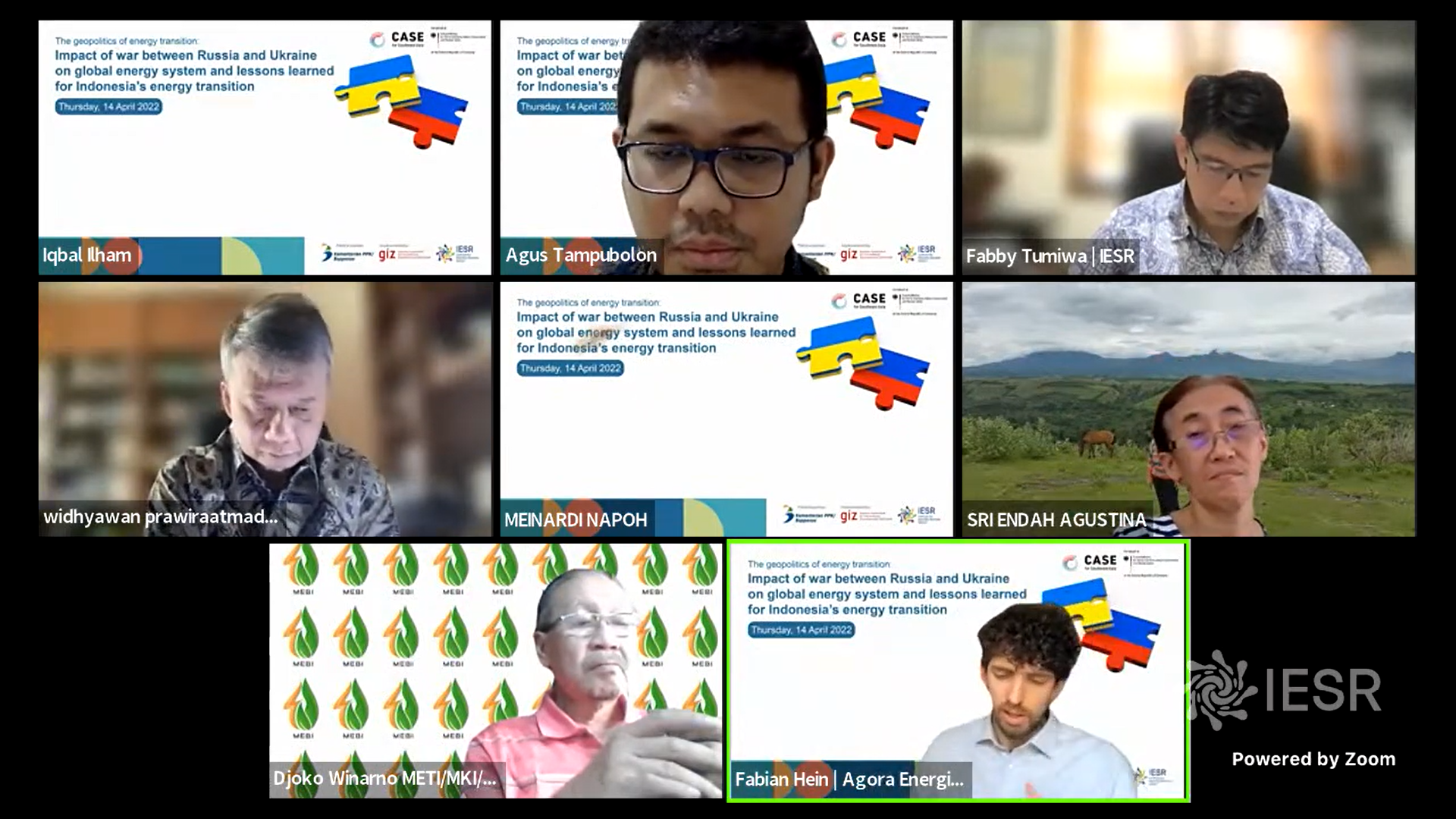Jakarta, 14 December 2022- The global energy crisis shows the vulnerability of fossil-based energy security, including Indonesia, where 67% of the energy mix comes from fossil energy. Facing the uncertainty of social, political, economic and environmental conditions regarding national energy security, the government needs to make a sustainable and just energy transition by optimizing the…



